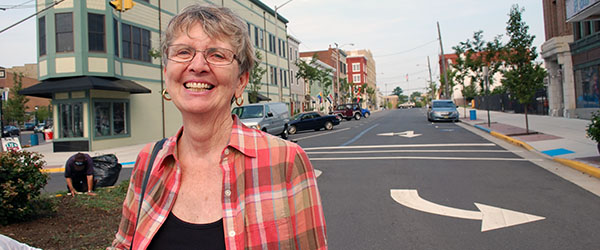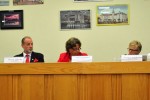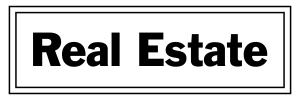Lamberton explains why no run-off in Asbury council race
"There is nothing like a real-life situation to spotlight controversial issues"
To the Editor, Asbury Park Sun:
I have heard that some voters in the city are confused about whether or not there should have been a run-off election declared for the third council seat.
For those who follow city politics closely, we had a change of government in 2013. This change was recommended by the Charter Study Commission convened in that same year and which I had the privilege of chairing. As part of the government change, the Commission also recommended instituting run-off elections to insure ALL voters felt a part of the decision, to make all votes count and to eliminate outlier votes when there are close contests.
The questions have arisen now, since in this month’s election we did have a close contest for the third council seat. As we all know there is nothing like a real-life situation to spotlight controversial issues. So the questions are: why didn’t we have a run-off election and why do some folks think we should have?
I will answer the second question first. The Charter Study report as well as the Explanatory Statement on the ballot did not explain the actual procedure very well and may have even been (quite accidentally I assure you) misleading. Both the report and the ballot referred to “majority” and page 19 of the report refers to “much less than a majority”’ without further explanation. In fact, as defined by New Jersey State Statute (N.J.S.A. 40:45-18), the statute under which municipal run-off elections are controlled, “MAJORITY” is a calculated threshold and not strictly 50% of the votes cast. AND there is a second component of N.J.S.A. 40:45-18. This component is EIGHT paragraphs explaining how many council seats are subject to a run-off election if any number of the highest vote getters are under this “MAJORITY”’ threshold. Paragraph “g” of the eight, covers our situation.
So let’s use the most recent election, our real-life situation. (And by-the-way this year’s calculation is further complicated because we did not use voting machines to count the number used in this calculation. We have to do a slightly altered calculation also covered by N.J.S.A. 40:45-18.)
Here it is as of November 16 : take the total number of council-seat votes (14,423) and divide that by twice the number of council members to be elected (6) and that equals 2404 and add 1 and that equals 2405. That is the official “MAJORITY” threshold. The statute then goes on to say that if any one candidate received over that threshold AND the greatest number of votes then that person is elected, AS WELL AS the next two highest vote getters. It goes without saying that if the top three candidates received the highest vote count AND were over this calculated “MAJORITY” they would be elected. Remember we do not have partisan elections so it has nothing to do with persons who may or may not have “run together”.
The official reference to this complicated procedure can be found in the City Code 2-2.3 and explained in detail in N.J.S.A. 40:45-18.
Pam Lamberton
Asbury Park
[This letter to the editor represent the opinion of its writer and is not representative of any opinion of the Asbury Park Sun staff. All readers are welcome to submit Letters to the Editor to news@asburyparksun.com for our consideration. For guidelines on letter-writing and submission, click here.]
————————————————————————————-
Follow the Asbury Park Sun on Facebook, Twitter and Instagram.
The Asbury Park Sun is affiliated with the triCityNews newspaper.














